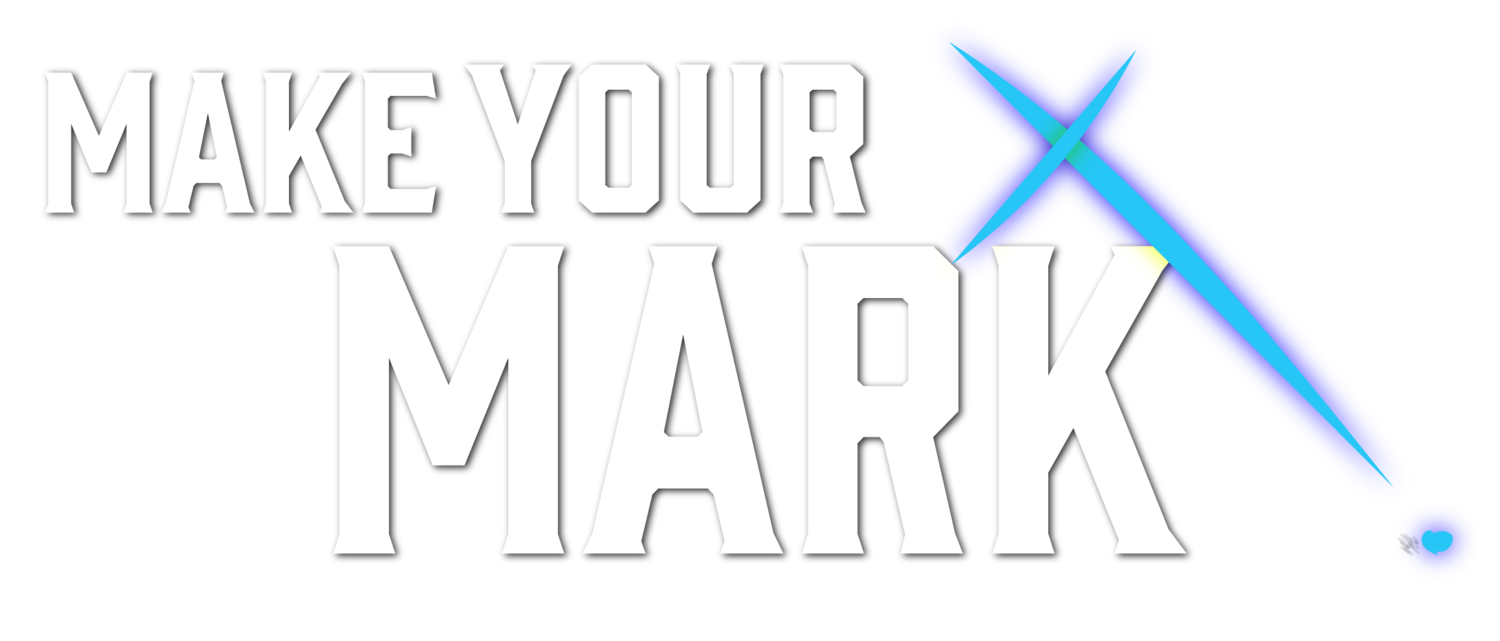You can see the end of your playing career quickly approaching -- or perhaps you have already gotten there -- and you’ve hit the wall, wondering what's next in your life after sports. You’re sitting on the couch or staring at your computer or phone screen, and you truly don’t know what to do next -- what websites you should be looking at or even where you’re going to get the motivation to move on from where you are now. You know you’re not the first going through this, but how does everyone else get hired for a job where they truly feel fulfilled after they retire?
As an athlete, whether collegiate, Olympian, Paralympian or professional, you have carved out a playing career that has encompassed several “jobs,” which, in your case, involved being on a variety of teams beginning with your childhood, through elementary, middle and high school and kicking it up several notches in college and beyond. Each one of these teams has effectively been a job that you have excelled at, allowing yourself to be promoted continuously, landing yourself in new and better jobs throughout the course of your athletic career.
Now it is time to begin a new career, which will likely include several jobs over the rest of your working life, all of which should give you a very high level of satisfaction and success, just like your experience with your athletic career. But how do you break into this new career if you feel like you haven’t yet developed the experience or expertise you believe is required?
If you are feeling those doubts, you are not alone.
Most retired athletes I have worked with have been at a loss to figure out what to do next. You have been practicing and playing a sport your whole life, focusing nearly every moment on becoming the best athlete you can be, and you likely fear that you are starting many steps behind your non-athlete competition.
The good news for you is that you are, at the very least, even with them -- and likely even ahead of them -- in the race for your next ideal job. All you need to do is become more aware of those skills and abilities that you have become proficient at that -- and your competition probably lacks.
Below are just a few of the qualities that you have developed that will put you ahead of others pursuing similar jobs in the career you want to be in.
1. You have proven your dedication as an "employee."
From when you were just a kid, you have invested the majority of your waking hours into developing the skills needed to end up as an elite athlete and, clearly, that is the type of dedication that a hiring manager would be thrilled to see.
2. You are coachable and learn well from others.
You have taken direction from your coaches your entire playing career. In this age of increased reliance on technology, working remotely and less face-to-face interaction in a work environment, you are well-ahead of those who have not become accustomed to and comfortable with leadership and management, and hiring managers in any industry will recognize that, especially if you make sure to highlight that trait in your interviews.
3. Your public speaking experience translates into many fields/roles.
This is an ability that the vast majority of non-athletes struggle with. This enables you to consider roles in a wide variety of industries and professions that will put you above others, especially public relations, marketing, sales and business development. You will be able to run presentations in front of senior management and big crowds without feeling the fear and anxiety virtually all your non-athlete peers will experience.
4. You're a fast learner.
You've had to learn on the fly, whether that meant new plays being added to the playbook, adjusting to an opponent’s strategies, adapting to challenging environments or performing under adverse conditions. This quality is extremely valuable to any company that happens to have roles requiring a need to meet deadlines, act and react quickly and persevere under duress. These skills are highly sought after in the finance, legal, sales, advertising, publishing and manufacturing industries, to name a few. And, again, your ability to perform under these conditions will put you leaps and bounds ahead of your non-athlete competition.
5. You have an incredible work ethic.
This is a critical capability that you may feel is part of your DNA, and therefore, you may take for granted. You have had to train countless hours -- usually at hours of the day and night when your competition is sleeping or relaxing. You have done whatever it took to become an elite athlete, and you understand what it means to set goals, to meet and exceed them. Any hiring manager for any position highly values work ethic above many other job requirements. After all, if you bust your tail in the job as much as you did training, learning new tasks will come much easier to you than those who have effectively eased into their positions.
6. Like anyone else, you have unique qualities that make you, you.
There are many other intangible qualities you bring to the table that most non-athlete job seekers may not have, and as a result, you truly do have a much greater advantage going into the job market than you may think. You should carry forward that confidence you have felt as an athlete into your job search. Make a list of the traits mentioned above that you have -- and others that have not been mentioned here -- and focus on emphasizing them in a way that will make your future employer realize that you are the perfect choice for the job you truly want to be in.

